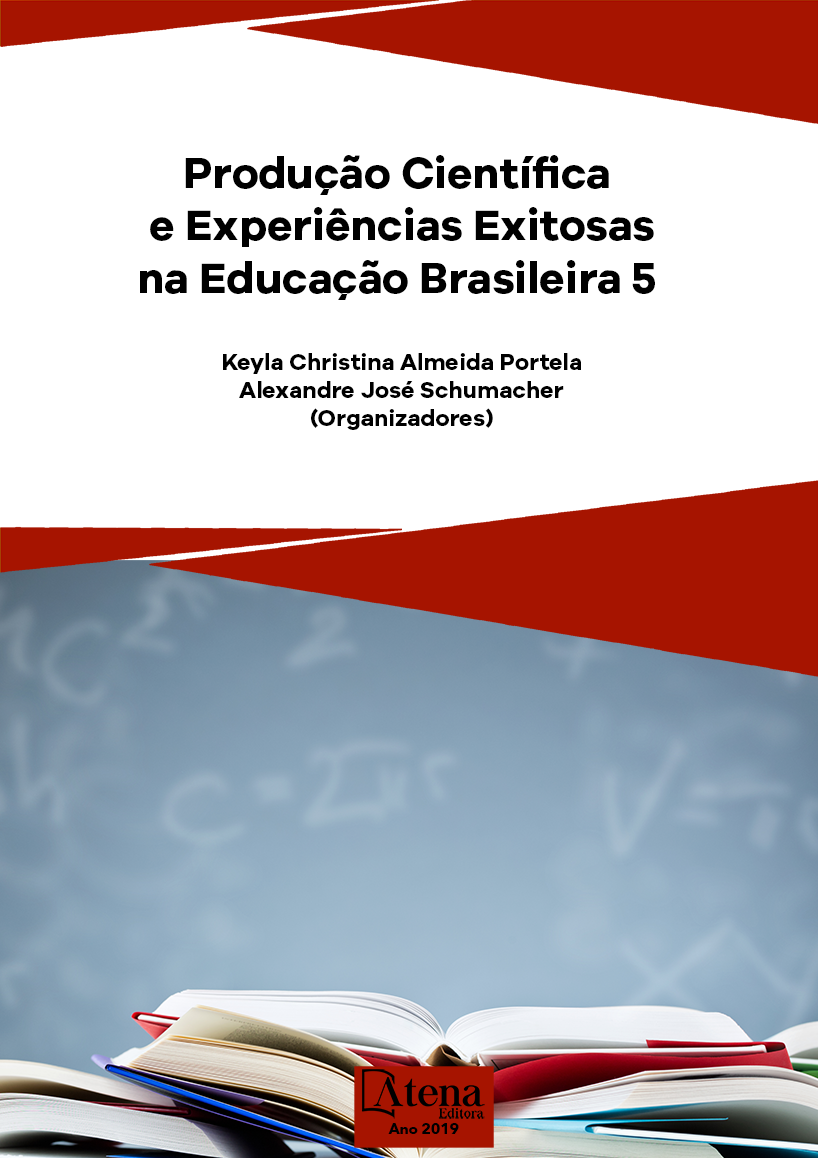
TRABALHO COMO PRINCÍPIO EDUCATIVO: SABERES E PRÁTICAS NO CURSO TÉCNICO EM AGROPECUÁRIA INTEGRADO AO ENSINO MÉDIO NO IFPA- CAMPUS RURAL DE MARABÁ
O debate sobre trabalho como
princípio educativo permeia os cursos técnicos
organizados/estruturados a partir da alternância
pedagógica. O percurso formativo no Projeto
Político Pedagógico do Curso Técnico em
Agropecuária Integrado ao Ensino Médio do
Instituto de Educação, Ciência e Tecnologia do
Pará (IFPA) Campus Rural de Marabá (CRMB),
propõe a formação nos diversos tempos
formativos, a partir da inserção do trabalho com
intuito de garantir a reflexão, a pesquisa, bem
como ações concretas a partir da formação do
Tempo Comunidade. O objetivo desse artigo
é analisar esse percurso formativo a partir do
olhar dos estudantes concluintes em 2017,
considerando duas questões: i) A formação
contribui com o trabalho no lote? ii) As disciplinas
contribuíram nesse processo de formação?
Conclui-se que apesar das lacunas que foram
apontadas pelos estudantes referentes ao
percurso formativo, a formação contribui de
forma significativa com as atividades que são
desenvolvidas nos lotes rurais e/ou na inserção
de trabalho técnico em outros espaços.
TRABALHO COMO PRINCÍPIO EDUCATIVO: SABERES E PRÁTICAS NO CURSO TÉCNICO EM AGROPECUÁRIA INTEGRADO AO ENSINO MÉDIO NO IFPA- CAMPUS RURAL DE MARABÁ
-
DOI: 10.22533/at.ed.55619200827
-
Palavras-chave: Trabalho. Educação do Campo. Alternância Pedagógica
-
Keywords: Work. Education in the field. Pedagogical Alternation
-
Abstract:
The debate about work as an
educational principle permeates the technical
courses organized/structured from the
pedagogical alternation. The route formative
in the Pedagogical Political Project of the
Technical Course in Agropecuária Integrated
to High School of the Institute of Education,
Science and Technology of the Pará (IFPA)
Rural Campus of Marabá (CRMB), proposes
the formation in the diverse formative times,
from the insertion of the work in order to ensure
reflection, research, as well as concrete actions
from the formation of Community Time. The
objective of this article is to analyze this route of
formative from the perspective of the students
graduaring in 2017, considering two questions:
i) Does the formating contribute to the work in
the lot? (ii) Have the disciplines contributed
to this formating process? It is concluded that
despite the gaps that were pointed out by the
students regarding the route of formative, the
training contributes significantly to the activities
that are developed in the rural lots and / or the insertion of technical work in other
spaces.
-
Número de páginas: 15
- Maria Suely Ferreira Gomes


